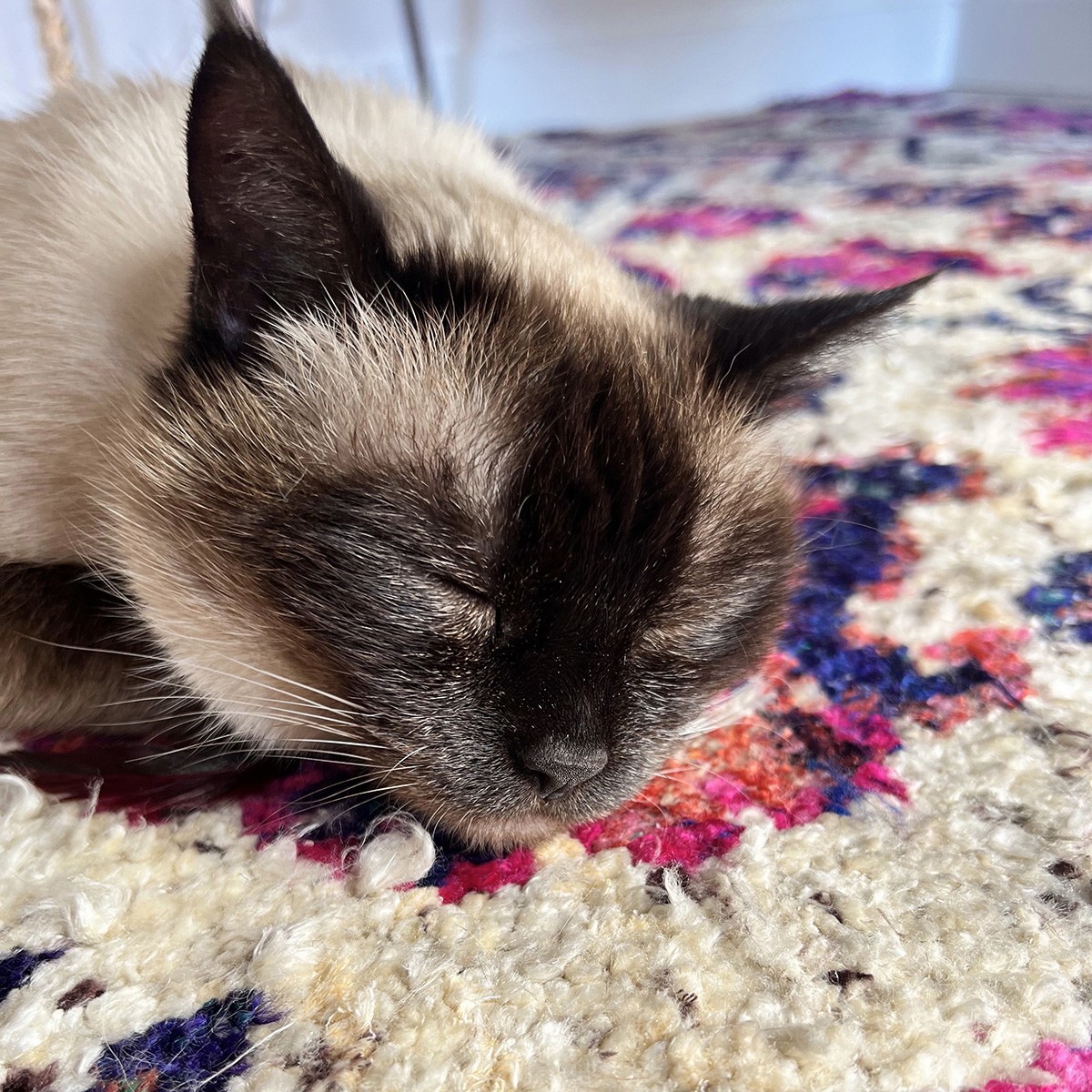The pancreas is a small but essential organ adjacent to the stomach, with endocrine and exocrine functions. The endocrine pancreas produces numerous hormones, including insulin and glucagon, the two hormones that regulate blood sugar levels. The exocrine pancreas produces inactive enzymes, which travel through the pancreatic duct to the small intestine, where they are activated to help digest fats, proteins, and carbohydrates. Enzymes activated before they reach the small intestine can cause damage and inflammation to the pancreas and the surrounding tissues. This condition is called pancreatitis.
What causes pancreatitis in senior pets?
In senior dogs, pancreatitis is seen when they ingest a high-fat diet, especially if they eat a large quantity all at once. Other risk factors include obesity, endocrine disorders, diabetes, severe blunt trauma, and particular medications. Specific breeds, such as miniature schnauzers, cocker spaniels, dachshunds, poodles, and Yorkshire terriers, are at higher risk for pancreatitis.
In senior cats, pancreatitis usually has no evident cause, but the condition can be instigated by toxoplasmosis, chronic intestinal disease, liver or gallbladder disease, and diabetes. A senior cat who does not respond well to treatment for a chronic illness should be evaluated for pancreatitis.
What signs are seen in senior pets with pancreatitis?
Senior dogs affected by pancreatitis will be feverish and lethargic and have a decreased appetite. They will also exhibit signs that indicate abdominal pain, such as an arched back, diarrhea, vomiting, and restlessness. Senior cats will exhibit similar signs, but they tend to be more stoic, and their condition may be critical before any signs are noticed.
How is pancreatitis diagnosed in senior pets?
Diagnosis is similar in senior dogs and cats, but the condition may be more difficult to confirm in cats. Blood tests are performed to check for inflammation, infection, and elevated pancreatic enzymes. X-rays and ultrasounds can also be helpful to rule out other disease processes and assess the pancreas and surrounding tissue for changes.
How is pancreatitis treated in senior pets?
Dehydration is a common factor seen in senior pets suffering from pancreatitis and can be dangerous if not addressed promptly. Intravenous fluids must be given to help correct fluid losses. Subcutaneous fluids may be administered to senior cats affected by mild pancreatitis. Antinausea medications will be used to help prevent vomiting, which can cause further fluid loss. Pain medications and anti-inflammatories may also be prescribed to manage signs. All food is typically withheld from senior dogs for at least 24 hours, to allow their pancreas to rest. The prognosis is better for senior cats who quickly recover their appetite. If anti-nausea and pain medications do not help return their appetite, appetite stimulants may help. In severe cases, feeding tubes may be placed to deliver food directly to the senior cat's stomach. Senior cats who do not eat for prolonged periods can develop complications, such as hepatic lipidosis.
How is pancreatitis prevented in senior pets?
Since pancreatitis tends to be spontaneous in senior cats, prevention is difficult. However, the following steps can help prevent the situation in senior dogs. They are also good advice for senior cat owners.
- Do not allow your senior pet to become overweight.
- Do not feed your senior pet table scraps.
- Keep all food and garbage containers sealed and inaccessible to your senior pet.
- Follow all nutritional recommendations.
- Avoid high-fat diets.
- Feed your senior pet small, frequent meals, as opposed to one large meal.
- Speak to a veterinary professional before giving your senior pet any medications.
- Ensure your senior pet has a veterinary wellness check at least every six months.
Managing chronic pancreatitis or secondary complications can become difficult as your senior pet's condition progresses. If you would like help managing your pet through these stages, contact our team.
This post references information gathered from the VCA Animal Hospitals website.


